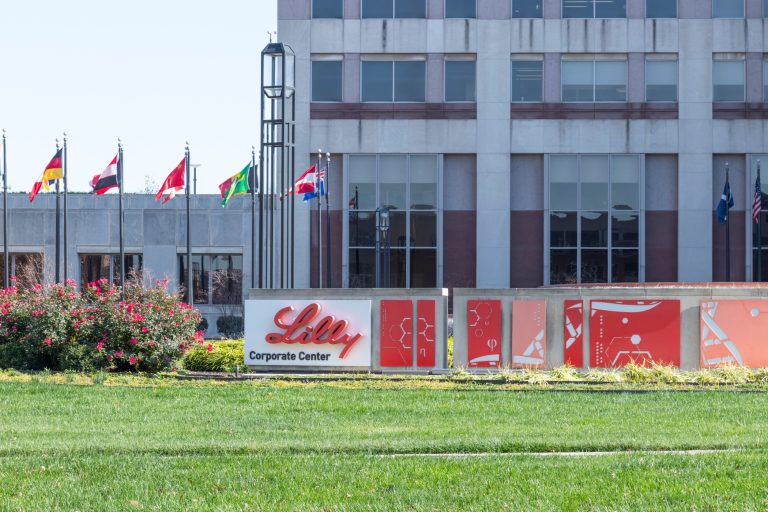Eli Lilly & Co (NYSE: LLY) has recently experienced a dramatic $123 billion decline in market value. This significant drop follows positive developments from competitors, notably Viking Therapeutics Inc and Roche Holding AG, who made announcements regarding their weight loss drugs. However, according to JPMorgan analyst Chris Schott, this downturn may present a prime opportunity to invest in Eli Lilly at a substantial discount.
Despite the increased competition in the obesity treatment market, Schott remains confident in Eli Lilly’s dominant position. JPMorgan continues to hold an “overweight” rating on Eli Lilly stock, with a price target of $1,000—indicating a potential 25% upside from its current levels.
Eli Lilly to report its Q2 earnings on August 8th
The bullish call on shares of Eli Lilly & Co arrives only a week before the pharmaceutical behemoth is scheduled to report its financial results for the second quarter.
Consensus is for the New York listed firm to earn $2.75 a share on about $10 billion in revenue versus $1.98 per share and $8.31 billion, respectively, in the same quarter last year.
Christ Schott expects strength in the company’s Mounjaro and Zepbound (diabetes and weight loss drug) to be offset by supply chain headwinds related to Trulicity in Q2.
Longer term, however, he’s convinced that Mounjaro and Zepbound sales will more than double to $36.5 billion in 2026 from $16.5 billion in 2024.
Eli Lilly stock currently pays a dividend yield of 0.64% that makes it equally attractive for the income investors as well.
UBS analyst bullish on Eli Lilly stock
All in all, the JPMorgan analyst named LLY a top pick in the pharmaceutical space on Monday as it has “clear upside potential to longer-term estimates”.
He recommends owning Eli Lilly shares as new launches and its core product growth will more than offset the IRA (Inflation Reduction Act) headwinds moving forward.
Despite the recent sell-off, the drugmaker is up close to 40% year-to-date. Part of the ongoing weakness, as per the investment firm, may be related to investors choosing to take profits following that incredible rally, much like what’s playing out in the megacap tech stocks as well.
Additionally, Trung Huynh of UBS also expects the market share of Eli Lilly’s GLP-1 rivals to remain under 10% over the next five years.
UBS now expects the weight loss drug market to grow at a compound annualised rate of 33% and hit $150 billion in sales by 2029 – up from the firm’s earlier forecast of about $125 billion.
The post Eli Lilly’s $123 billion market value drop: A strategic buying opportunity? appeared first on Invezz



